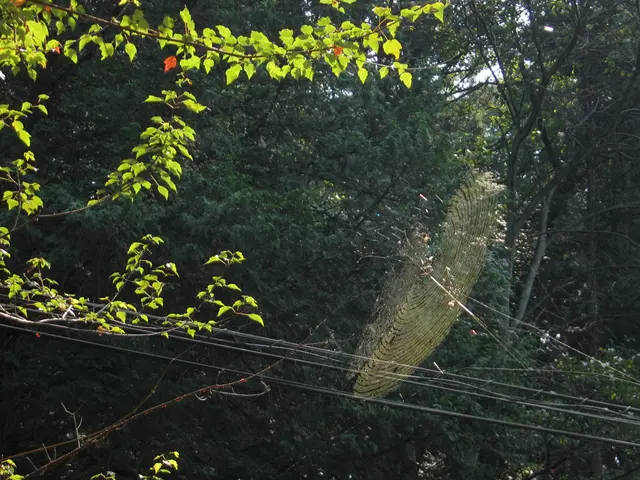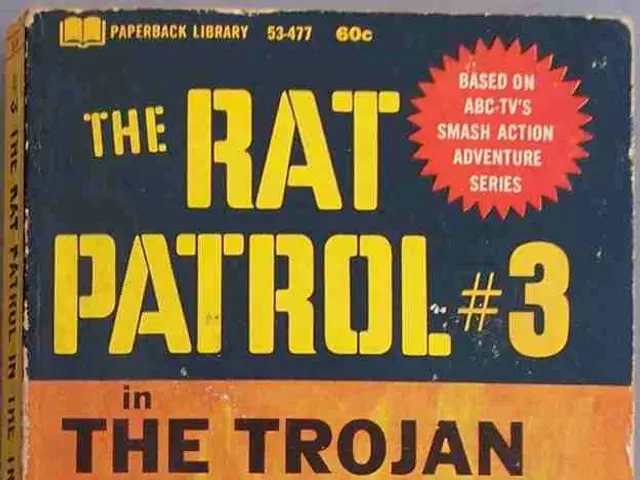Music executive Lyor Cohen from YouTube Music and artist Jidenna advocate for AI-driven video technology: "Don't let fear deter you from taking that giant leap."
At a recent event held at New York's San Vicente, rapper-singer Jidenna delved into his transformation from a musical artist to a tech-immersed multi-hyphenate. The evening's conversation, moderated by Lyor Cohen, the music chief at YouTube/Google, focused on the future of music and AI.
Jidenna, who attended Stanford University alongside OpenAI co-founder Sam Altman, shared Altman's view that the system won't be fast enough to catch up with technological advancements in the tech industry. He has since thrown himself into the booming realm of computer-generated video.
The official music video for the Wu-Tang Clan's latest single, "Mandingo," was made using Google AI video generator Veo 2. The video was described as photorealistic by Cohen, and he praised it as "incredibly well done" and "absolutely artistic."
During the discussion, Jidenna emphasized the importance of not being afraid of taking a leap into the unknown. He noted that technology disruptions arrive every week in the film industry, which he refers to as "Magical Monday."
The rapper-singer also maintained that there is a direct line between the rise of hip-hop and the ascent of AI. He argued that those who may have been marginalized are taking a tool (AI) and figuring out what they can do with it, similar to how hip-hop was initially viewed as not art or illegal.
Jidenna agreed with Kevin Montler, VP of Legal, Global Music at Google, who stated that the technology is ahead of the law and there is a lack of continuity in position within industry groups. Montler's point was affirmed by Jidenna, who agreed that artists shouldn't have their work used to train AI models without consent.
In response to charges of AI images looking "fake," Jidenna compared them to social media, stating they are no more fake than someone posting the happy days in their life.
Busta Rhymes, Chuck D, and Wyclef, hip-hop legends, were among the crowd of a few dozen in the screening room. The discussion about the future of music and AI between Lyor Cohen and Jidenna did not linger on anxieties about technology that vex the traditional entertainment business. Instead, Cohen suggested embracing AI, stating there is no way to block it from happening.
The founder of the AI-based video generation platform Veo 2, used for the official Wu-Tang Clan music video, is not explicitly mentioned in the search results available. However, Veo 3 is a Google AI video tool, indicating that Veo platforms are associated with Google technology. Despite the lack of specific founder details for Veo 2, the event marked a significant step forward in the integration of AI in the music industry.
Read also:
- Rapid advancement of AI technology poses potential threat to job stability, according to AI CEO's remarks.
- Spheron and Nubila Team Up to Use Web3 Technology for AI that Combats Climate Change
- Stolen Brain Data of Sinner and Leclerc (Yellow chroma), previously held in China, repurposed for military training purposes.
- AI-Driven Stocks Poised for a Price Surge in Coming Times








